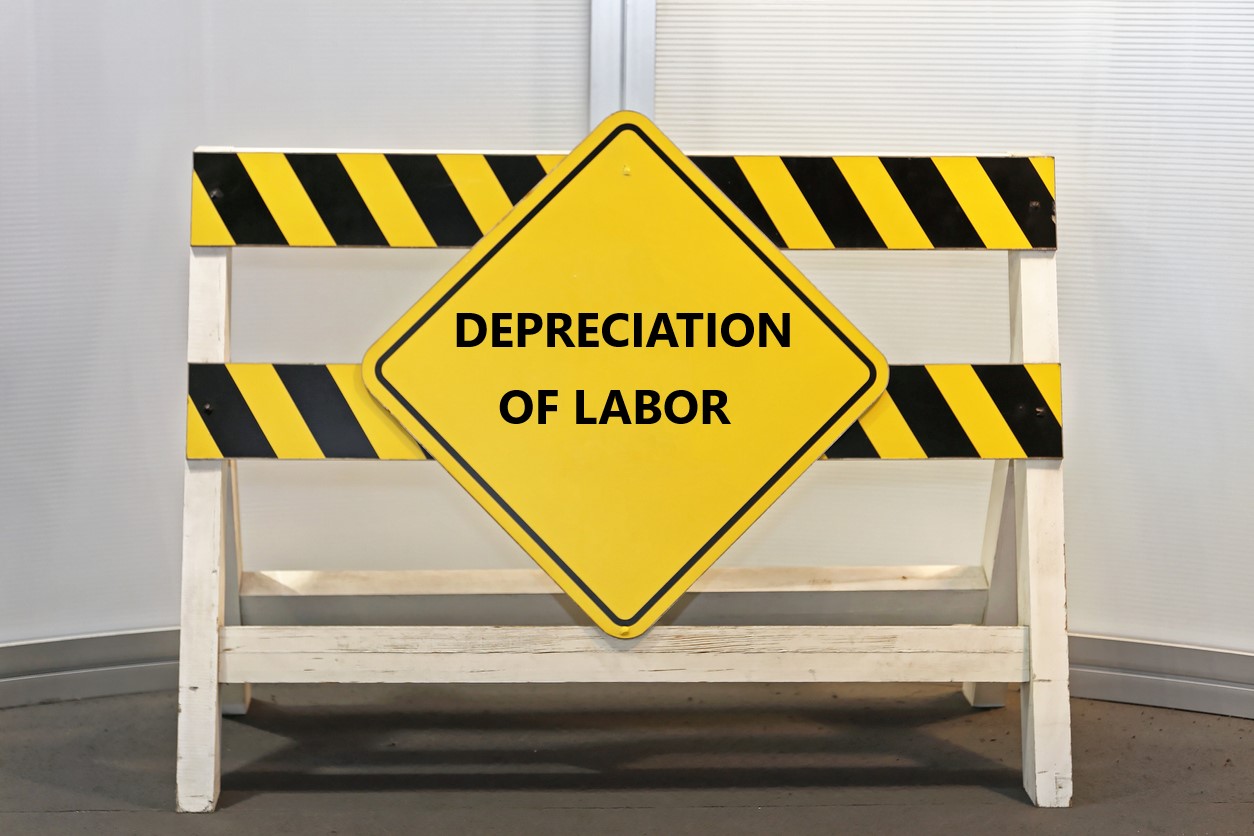Last week, I wrote about the devastating fires that ravaged central Texas last month. You or someone you know might have experienced fire damage to your home or business and are now wondering what to expect from the insurance claim process. If you read my post last week, you know that if you suffered a total loss to your home or business, your insurer should pay you at or near your policy limits. Some of you may be concerned about making a full claim for your policy limits because you may be in violation of a provision of your policy. You may think that if your insurer learns about your violation, it will somehow void your policy. But what does Texas law have to say about this issue?
Section 862.054 of the Texas Insurance Code states the following:
FIRE INSURANCE: BREACH BY INSURED; PERSONAL PROPERTY COVERAGE.
Unless the breach or violation contributed to cause the destruction of the property, a breach or violation by the insured of a warranty, condition, or provision of a fire insurance policy or contract of insurance on personal property, or of an application for the policy or contract:
(1) does not render the policy or contract void; and
(2) is not a defense to a suit for loss.
Fortunately, Texas law is very clear: unless your breach or violation contributed to the loss, it does not render the policy void. In other words, if you committed arson or caused the fire, your contract will be found to be void. Back in March, I wrote a post about the insurance industry’s use of the “Arson Defense.” If a jury finds that you more likely than not caused the fire, you will be unable to recover under your policy.
On the other hand, if your violation of the policy did not cause the fire, you are still covered for your loss under Texas law. Here’s a typical example of a violation that will not render your policy void. Let’s say you added a foundation endorsement to your policy that provides coverage for any foundation problems, and that endorsement requires that you have your foundation inspected once every two years. If you failed to inspect your foundation, that will not render your policy void.
Another example: you received a discount on your policy premium because you agreed to obtain and maintain a home security system that included a fire alarm system. This example seems to tread the line a bit closer because arguably, the fire alarm system might have prevented your loss. However, your failure to obtain and maintain a fire alarm system did not cause the fire, so under Texas law you should still be covered.



